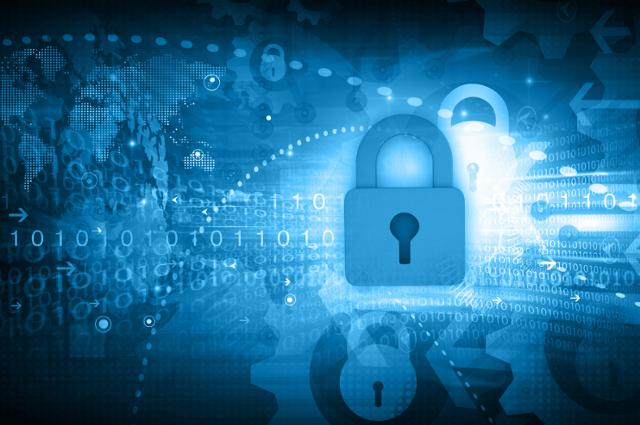Cybersecurity expertise from Tufts students and alums

Now more than ever, cybersecurity is a field with vital applications. Current world events continue to prove the importance of developing techniques that help in protecting data. The Department of Computer Science at Tufts University is proud to be part of cutting-edge research that is advancing the frontiers of this critical field, supporting students and alumni alike in their efforts.
One of the ways in which current students get involved in the world of cybersecurity is through security competitions. These events provide tests of skill in cybersecurity techniques where teams must perform on-the-spot analyses of weaknesses in cyberinfrastructure, types of attacks, and the proper use of resources to combat those attacks. These competitions help students apply the knowledge they have gained in a more practical scenario, preparing them for the realities of professional cybersecurity experience. A group of Tufts undergraduate students recently attended two such competitions.
The first of these was organized by MITRE, an organization headquartered in Massachusetts and Virginia which supports U.S. government agencies in their cybersecurity needs. The Embedded Capture the Flag (eCTF) competition attracted a team of four Tufts students, Ann Marie Burke, A22, Jack Cyprus, A22, Immy Eads, A22, and Liana Wang, E22. The team competed in the Spring 2021 competition, which featured a combination of attack and defend elements, and won the Best Documentation award (to which they say: ”Thanks, COMP 40!”). The team learned a lot about working on a team in a remote environment as well as about embedded system programming.
A team from Tufts also presented at the Spring 2021 Veracode Hacker Games competition, where teams from universities in the U.S. and the UK competed over two weeks to solve challenges, explore examples of real threats, and patch apps in contained environments. The team, which included Ann Marie Burke, A22, Sabrina Wen, A22, William Huang, E23, and Ethan Schreiber, E22, won second place out of nine teams. The students reported that the experience taught them more about common web vulnerabilities as well as multiple programming languages and frameworks.
Department of Computer Science alumni have also been making impactful contributions to the field. Gabriella Roncone, A19, gave a talk at CYBERWARCON 2021, a one-day conference in the Washington, D.C. area which focuses on the destruction, disruption, and malicious influence of cyber capabilities on our society. The talk, titled “Unmasking UNC1151, the Ghost Behind Ghostwriter,” focused on analyzing the actions of Ghostwriter, an operation targeting people in eastern Europe which pushes falsified articles and propaganda. These articles masquerade as actual news by compromising reputable news websites and creating fake secondary news sources to make their content more believable.
Cybersecurity also has implications for international relations. Winnona de Sombre, A18, and Research Fellow at the Atlantic Council and Harvard Belfer Center, took part in the panel “China’s Perspective on and Capabilities for Cyberwarfare” in February 2022. This panel was part of a day of hearings on “China’s Cyber Capabilities: Warfare, Espionage, and Implications for the United States,” organized by the United States – China Economic and Security Review Commission. De Sombre provided testimony during the session, explaining China’s role in cyberspace and capabilities in the cyber sector, and the United States’ asymmetric development of cyber capabilities when compared to China. She also discussed the shortage of talented cybersecurity personnel, both in the China and the U.S. Read her complete testimony.
The Department of Computer Science is proud to have members at the forefront of research in cybersecurity, and we hope to see many more students, faculty, and alumni represented in this field.
Department:
Computer Science